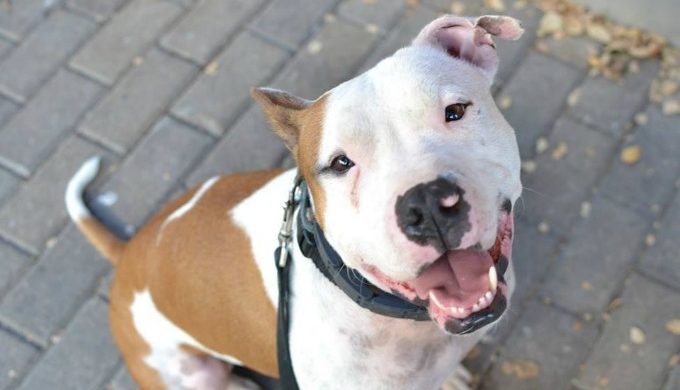The 2017 Austin Subaru “Paddle for Pups” event (which was originally planned for Labor Day weekend) has been rescheduled for Sunday, September 10 at Rowing Dock on Lady Bird Lake (Town Lake). This event benefits the Parvo Puppy Program at Austin Pets Alive!
The rowing course will begin and end at Rowing Dock, and the turnaround point will be the Austin Statesman property. Participants on stand up paddle boards, kayaks, canoes, water bikes and more are welcome. All participants MUST have a personal floatation device (life jacket) with their watercraft. If you do not own your own boat, rental kayaks, canoes, and SUPS will be provided by Rowing Dock for an additional reservation fee. Dogs who are not afraid of water are welcome to attend (and must wear life jackets also).
Parvo Doesn’t Have To Be Death-Sentence
Photo:
Facebook/Austin Pets Alive!
One hundred percent of the gross dollars raised will go to help the Parvo Puppy Program at Austin Pets Alive! The first of its kind in the nation, Austin Pets Alive!’s Parvo Puppy ICU provides shelters an alternative to euthanasia for puppies that contract parvovirus. By placing puppies that contract parvo in quarantine, maintaining cross-contamination protocol and providing consistent care and treatment to puppies that have contracted parvovirus, this ICU saves a highly adoptable segment of the euthanasia list: puppies!
The canine parvovirus (CPV) infection is a highly contagious viral illness that affects dogs. The virus manifests itself in two different forms. The more common form is the intestinal form, which is characterized by vomiting, diarrhea, weight loss, and lack of appetite. The less common form is the cardiac form, which attacks the heart muscles of very young puppies, often leading to death. The majority of cases are seen in puppies that are between six weeks and six months old. The incidence of canine parvovirus infections has been reduced radically by early vaccination in young puppies.
Page 1 of 2:12Next Page »




